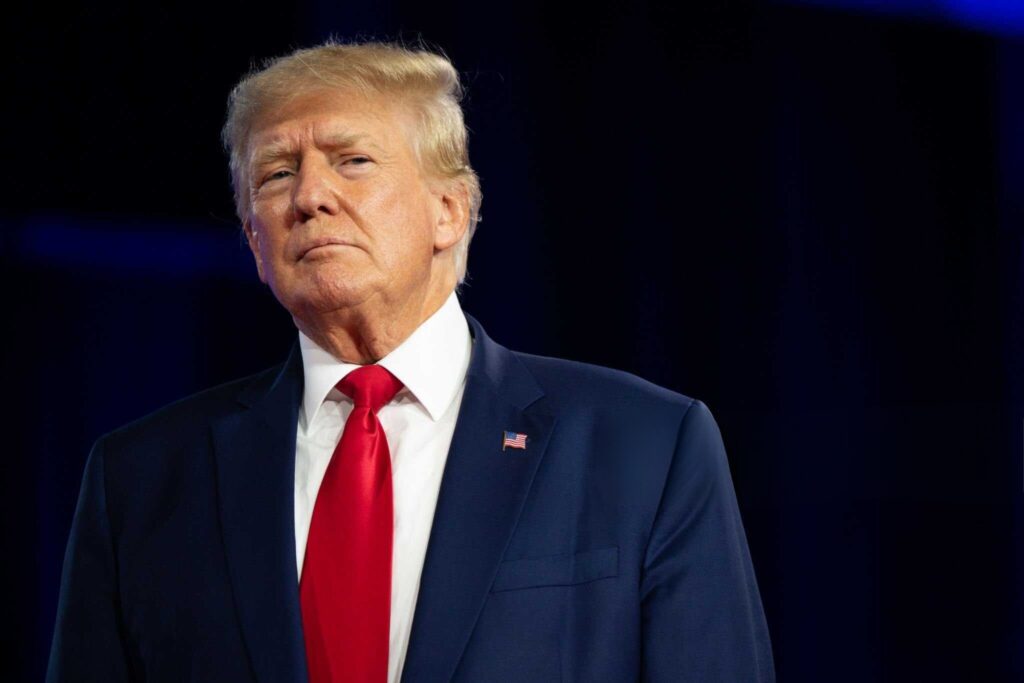A New York judge upheld Donald Trump’s felony conviction on Friday and scheduled sentencing for Jan. 10. However, the judge confirmed Trump would face no prison time, probation, or fines.
Judge Juan Merchan granted Trump’s earlier request to delay sentencing until after the election. Despite this, he determined there was no legal reason to postpone it further.
“It is incumbent upon this Court to set this matter down for the imposition of sentence prior to Jan. 20, 2025,” Merchan wrote. He emphasized the need for “bringing finality” to the case.
Merchan ruled that “unconditional discharge” was the best option, enabling Trump to pursue his appeals. Under New York law, this means sentencing without incarceration, probation, or financial penalties.
Trump Team Criticizes Ruling as Unconstitutional
Steven Cheung, Trump’s spokesperson, condemned the ruling, calling it a violation of a recent Supreme Court decision. The Court ruled that former presidents are shielded from criminal charges related to official actions while in office. Cheung argued that sentencing disrupts Trump’s transition back to the White House.
“This lawless case should never have been brought, and the Constitution demands its immediate dismissal,” Cheung said.
Trump’s conviction on May 30 involved 34 felony counts of falsifying business records. Prosecutors allege he concealed hush money paid to Stormy Daniels ahead of the 2016 election. Daniels claims they had a sexual encounter in 2006, which Trump denies.
Manhattan District Attorney Alvin Bragg argued the payments were not an official act of the presidency.
Legal analyst Mark Zauderer noted Merchan’s decision preserves the conviction while allowing Trump to remain free and pursue appeals. “He made a clean break,” Zauderer said. “This ruling reflects the principle that nobody is above the law.”
Zauderer added that a felony conviction carries consequences, even without prison time. Trump would lose the right to vote, own firearms, or serve on a jury in New York unless the conviction is overturned.
Balancing Legal and Political Implications
After winning the November election, Trump urged Judge Merchan to dismiss the case. He claimed that continuing or delaying proceedings would distract from his presidential duties.
Prosecutors expressed concerns about interfering with Trump’s presidency if sentencing occurred after Jan. 20. They suggested pausing the case or closing it while acknowledging Trump’s conviction.
Merchan rejected these alternatives. “Scheduling sentencing is a function that remains exclusively within the purview of the trial judge,” he wrote. He set sentencing before Trump’s inauguration to ensure statutory obligations were met with minimal disruption.
Trump’s legal challenges have shifted significantly since his election victory. The Justice Department dropped two cases: one involving attempts to overturn the 2020 election and another concerning mishandling classified documents.
Beyond New York, Trump is contesting a Georgia criminal case alleging his efforts to overturn the 2020 election results constituted a criminal conspiracy. Despite these ongoing cases, Trump’s presidency continues to reshape his legal standing and political future.


